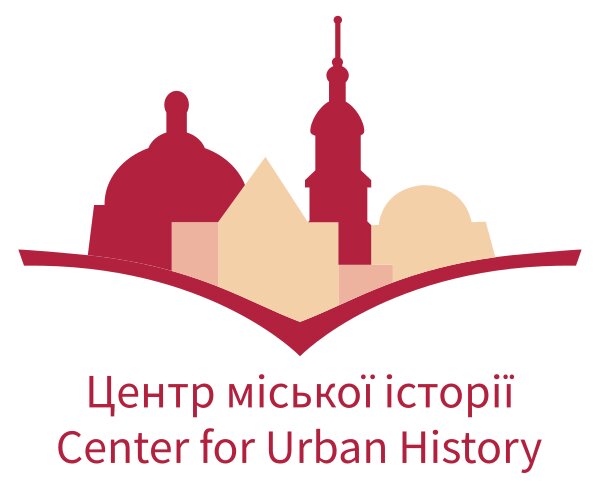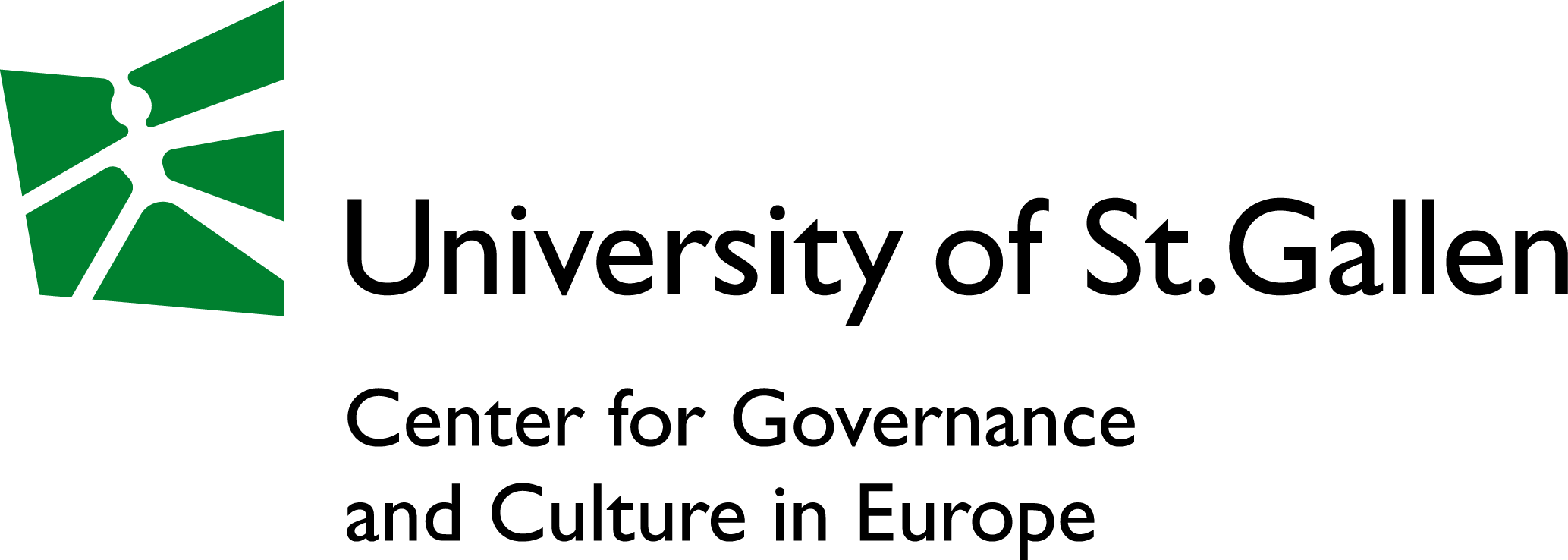Two-Year Report of the Telegram Archive of the War Project
11.03.2024
We invite you to review the report on the two years of work of the Telegram Archive of the War project.
The goal of this initiative by the Center for Urban History is to document how Ukrainians learn, live, and share testimonies about the war through Telegram. This emergency archiving aims to collect and organize information flows that may quickly disappear due to their short-lived digital nature.
On our servers, we store streams of messages and audiovisual content from mostly Ukrainian channels and chats published since February 24, 2022. Over the past two years, the archive collection has grown to 2711 items (1048 channels, 1651 chats, and 12 chatbots) with a total data volume of 27.8 terabytes (as of February 9, 2024). We are preparing an archive that will help us talk about war when we can talk about it in the past tense.
The range of archived channels and chats is extensive: local and all-Ukrainian volunteer groups for the coordination of humanitarian assistance, evacuation chats, housing search, reporting on missing persons, reporting about air-raid alerts, urban channels and local problems in the areas of hostilities and the occupied territories, personal diaries, blogs and artistic reflections, humor and memes, expert analytics, documenting the course of hostilities and destruction, political communities, messages of local and central authorities, armed forces, media, as well as Russian government propaganda and pro-Russian channels and chats.
Direct access to archival materials is currently unavailable due to security risks and the presence of sensitive content. The archive team is presently developing access formats tailored to the needs and sensitivity levels of the data. These include a user interface for viewing text and media messages, requests for access to raw data, and shared access workstations for archivists and researchers.
Access to specific sections of the archive will be granted upon request and upon outlining the intended use. Researchers will be required to sign an agreement committing to anonymizing personal data if sensitive content is to be published and to refrain from using archival materials beyond the scope of the outlined research task.
You can read more about the project here: [Telegram Archive of the War].
The full report on the two years of the initiative's work is available via the link: [Two year project report].
All participants in this archival project, except for the staff of the Center for Urban History, come from the previously occupied territories or were forced to leave their homes with the beginning of the full-scale Russian invasion. Their professional backgrounds come from historical disciplines, journalism, and media communications. For security reasons, we have decided not to tell you more about them for now.
Project curator: Taras Nazaruk, archive coordinator, head of digital history projects at the Center for Urban History, doctoral student at FernUniversität in Hagen.
Oksana Avramenko is a historian and graphic designer. Her participation in the archive began with the creation of a selection of channels and chats from the temporarily occupied Crimea. Later, her interests focused on socially vulnerable categories of the population (IDPs, refugees) and human rights protection during the war.
Anna Rubanska is a journalist. Her areas of interest include Ukrainian refugees abroad, media, marketing, channels and chats of military units as a means of conducting information warfare.
Dmytro Serbulov is a historian who started his cooperation with the archive by creating a collection of chats and channels from the south of Ukraine, but later expanded his interests to other topics (religion, ecology, animals).


